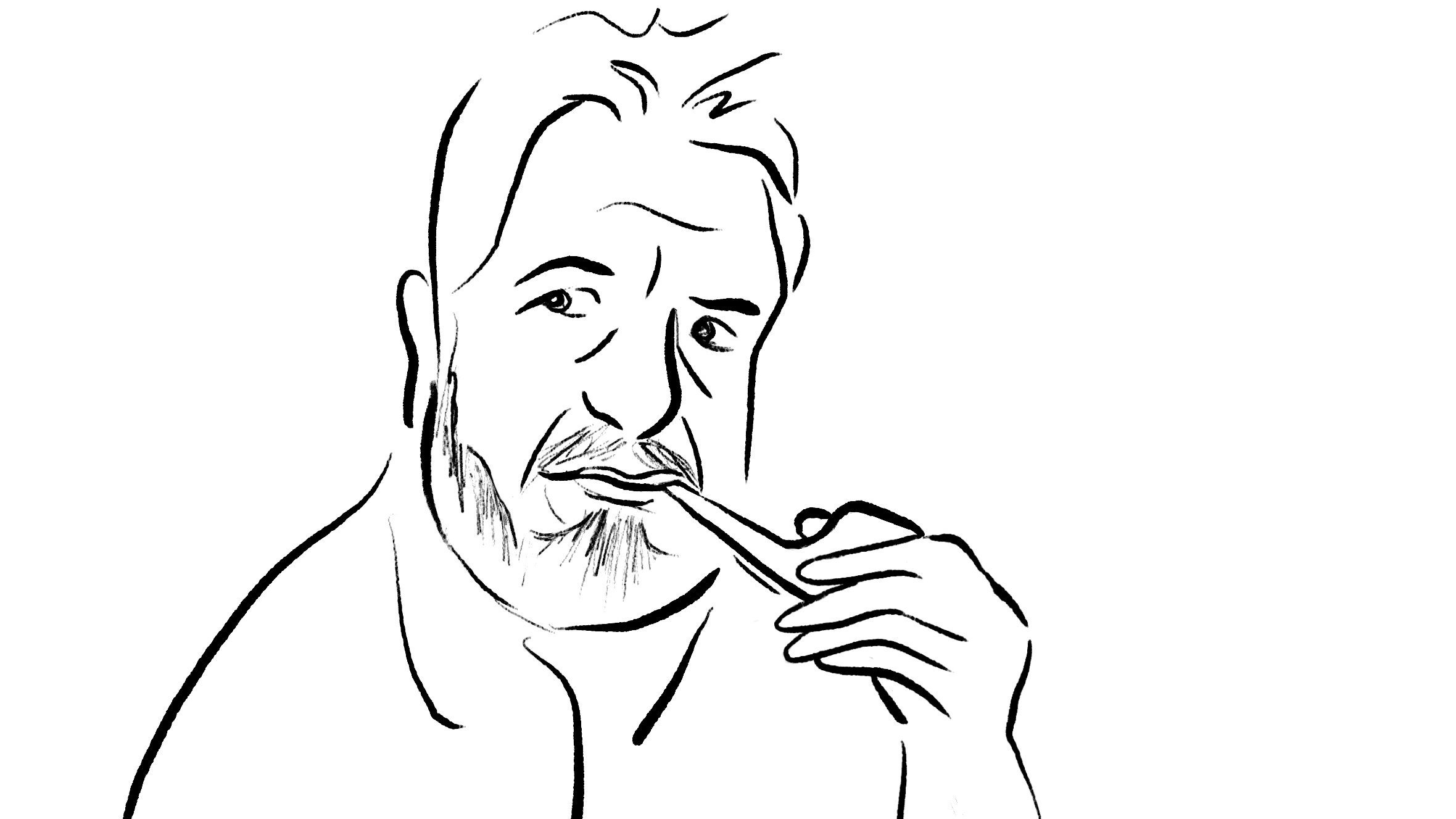Lithuania, in debunking the dishonesty germane to Russian propaganda exposed the themes which Russia consistently uses. The country’s Civic Resilience Initiative (CRI) issued a report detailing research results from a study between June 13 and August 28. It analyzed the content of the Russian messages, most of which were posted on RuBaltic.Ru.
Estonia’s Propastop, a Defense League unit expert in Russian propaganda, has summarized the CRI study. They have identified some basic narratives. The most utilized were: Russophobic countries; Russian culture as victim; the West suffering more from sanctions than Russia; Russia is winning the war; Ukrainians commit war crimes and target civilians; the West is abandoning Ukraine.
The narratives also engage the Baltic states in some other falsehoods: politicians in the Baltic states who condemn the war are Nazis; the countries have no capacity to counter the Russian military; support for Russia’s war is far above the small pro-Moscow groupings in the diaspora.
Propaganda themes originating in Russia are bolstered by local Russian-speaking social media sources in the Baltic states. On August 16 Estonian authorities relocated an occupation-era monument, a Soviet tank from Narva to The War Museum in Tallinn. For Estonians the tank symbolized the 50 years of repressive rule from Moscow.
Täismahus artikkel on loetav Eesti Elu tellijatele
Igal nädalal toome me sinuni kõige olulisemad kogukonna uudised ja eksklusiivsed lood uutelt kolumnistidelt. Räägime eestlastele südamelähedastest teemadest, kogukonna tegijatest ja sündmustest. Loodame sinu toele, et meie kogukonna leht jätkuks pikkadeks aastateks.
Hind alates $2.30 nädalas.




